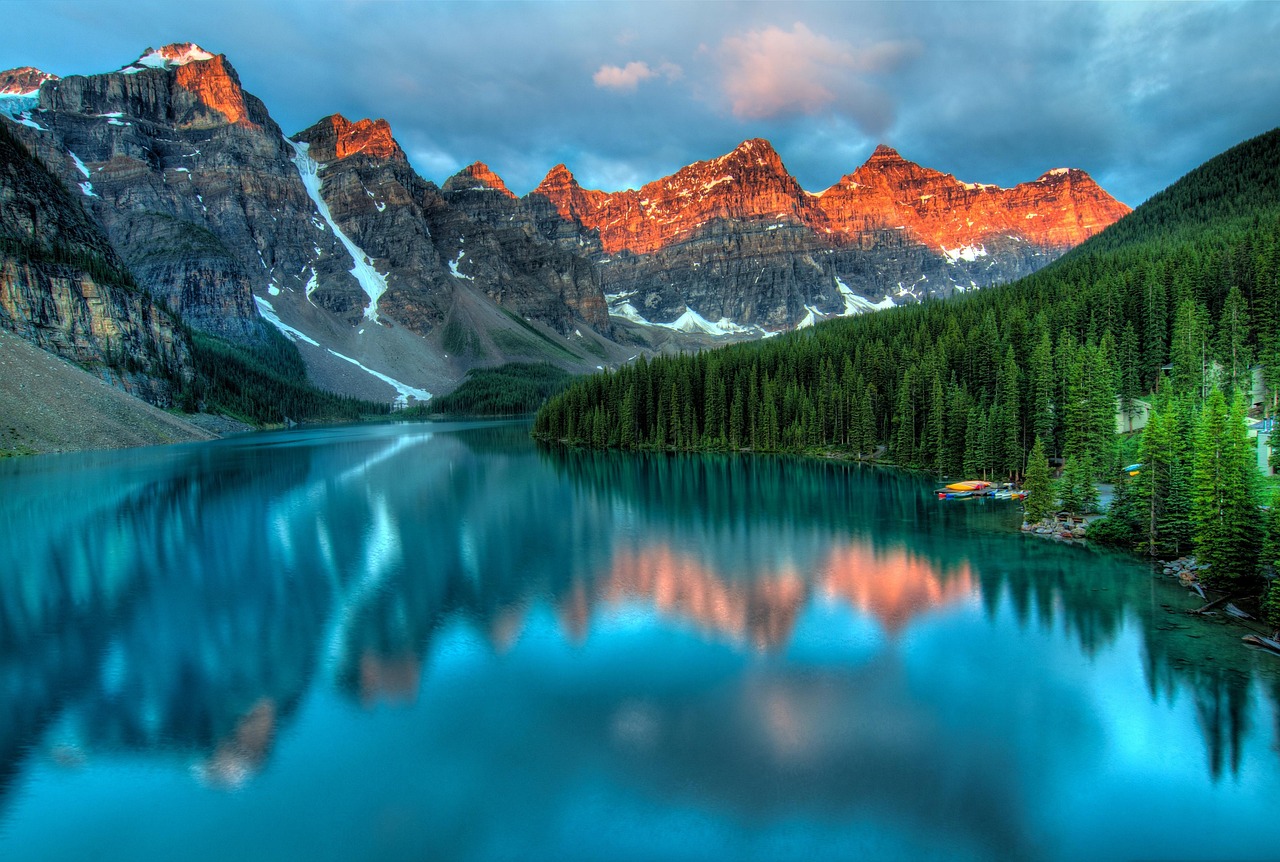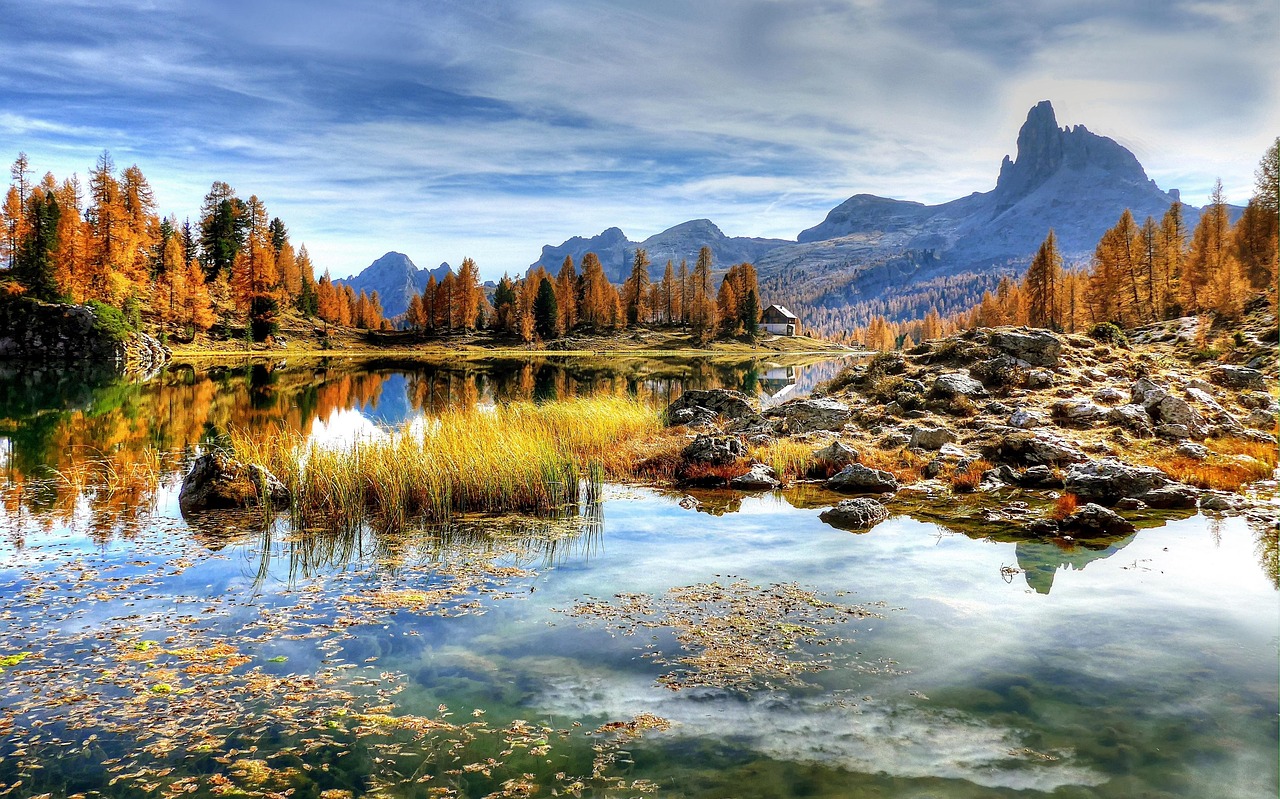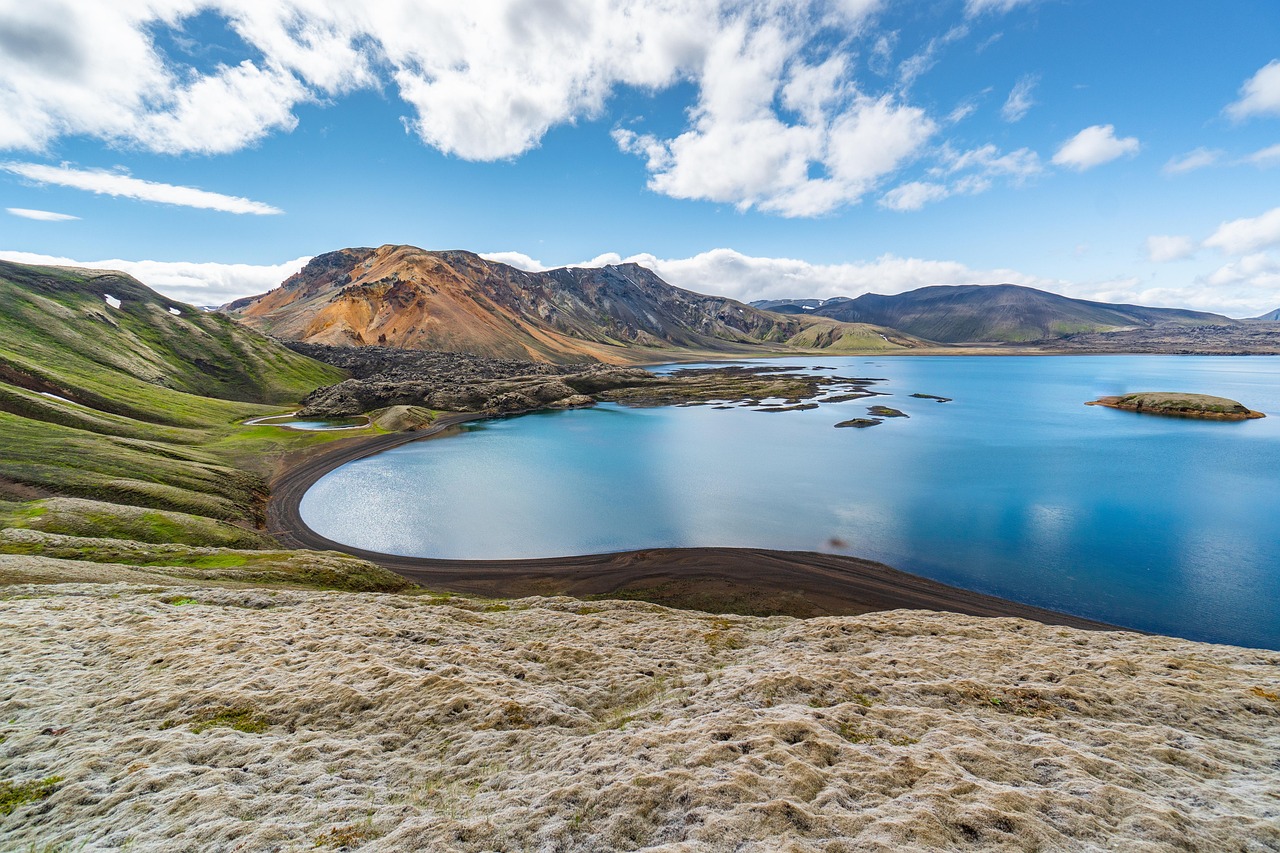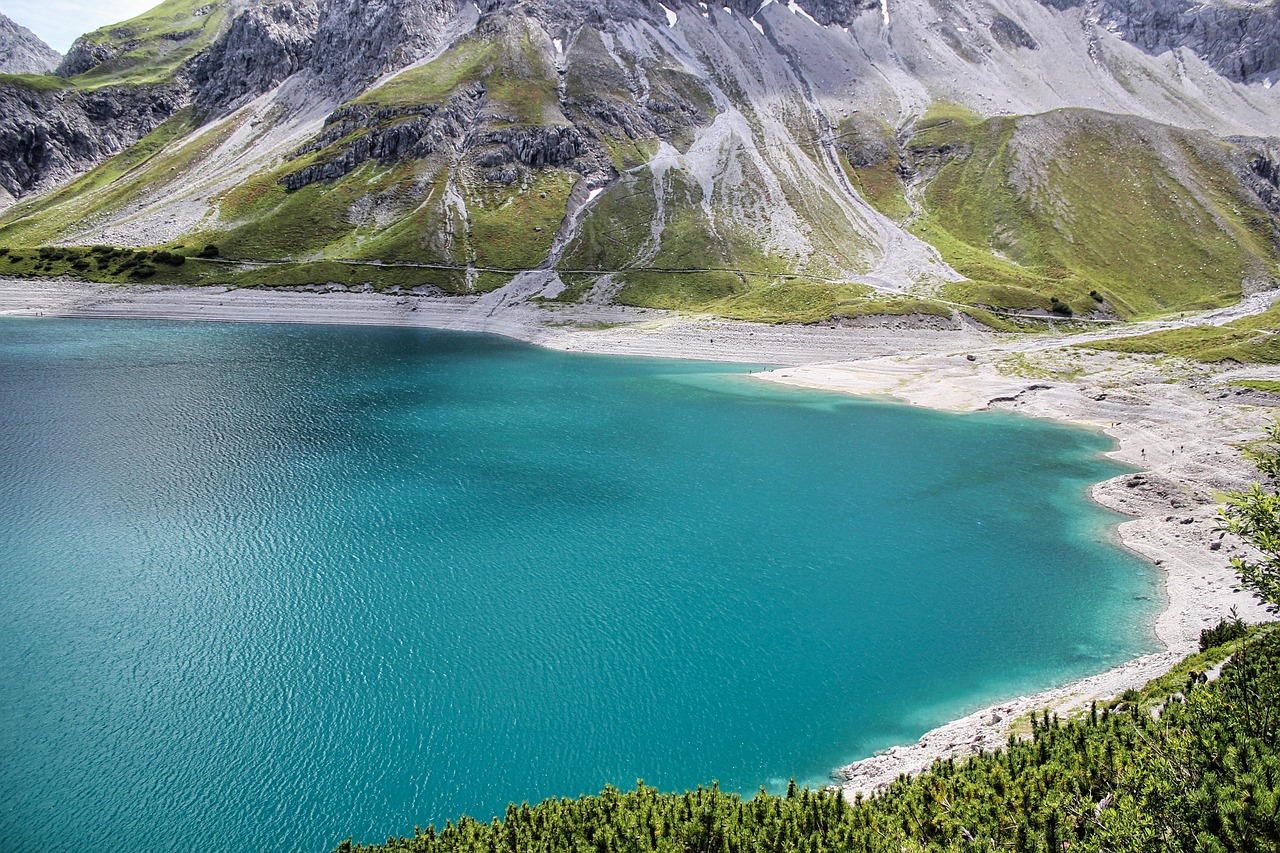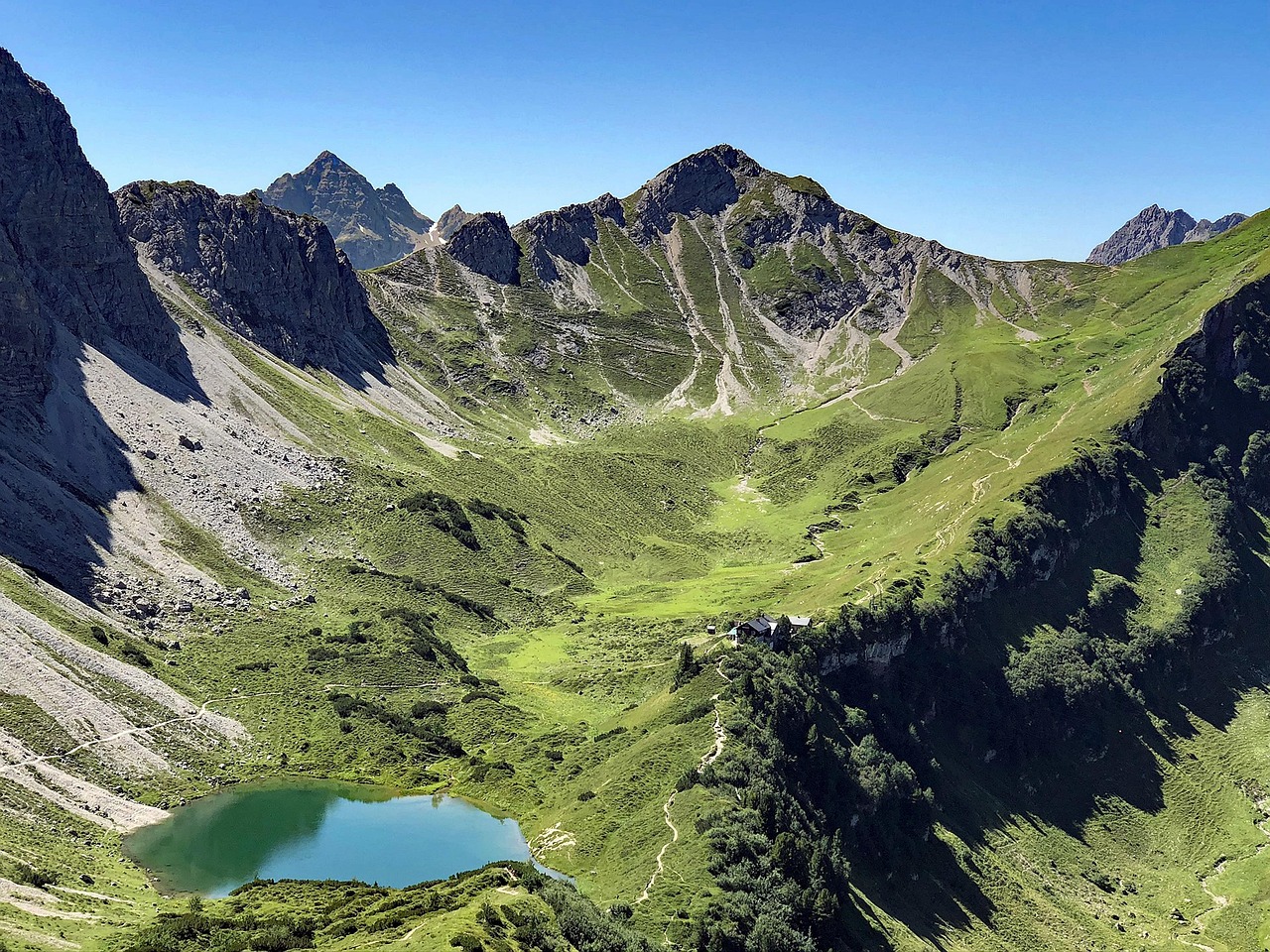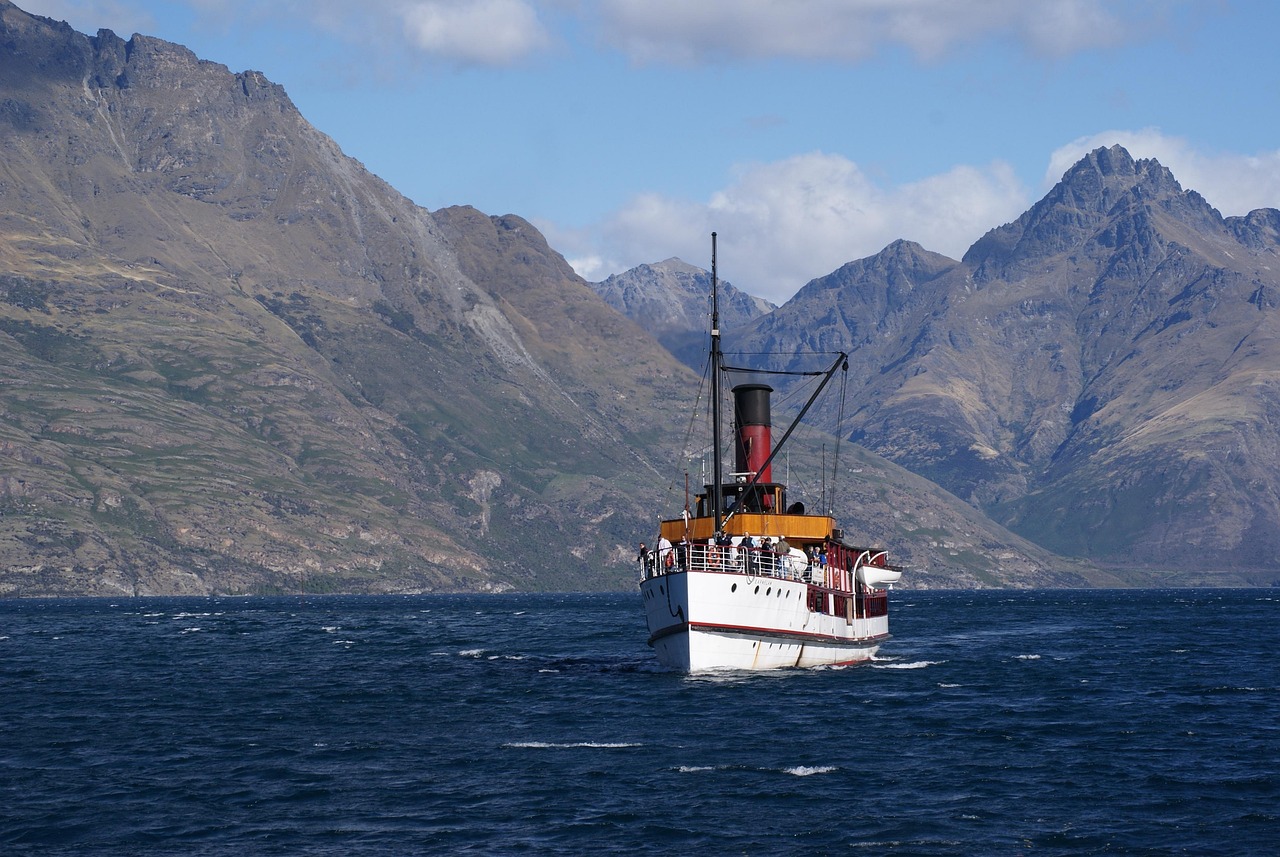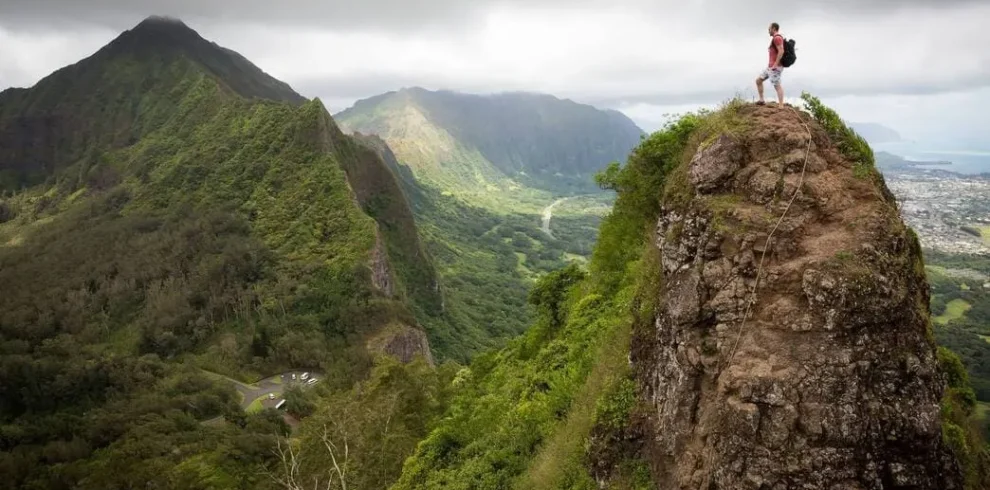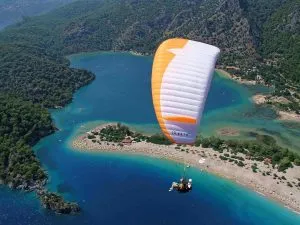Nestled in the heart of the Annapurna region of Nepal, Tilicho Lake (4,919 meters) is one of the most breathtaking high-altitude lakes in the world. Surrounded by snow-capped peaks and rugged Himalayan terrain, this trek offers adventurers a mix of natural beauty, cultural encounters, and physical challenge.
Why Trek to Tilicho Lake?
Cultural Richness: Pass through traditional Manangi and Gurung villages, experiencing local hospitality.
Highest Lake in the World: At nearly 5,000 meters, Tilicho Lake is recognized as one of the highest freshwater lakes on Earth.
Stunning Scenery: Panoramic views of Annapurna, Dhaulagiri, Nilgiri, and Gangapurna peaks.
Off-the-Beaten-Path Adventure: Less crowded than Everest or Annapurna Base Camp, offering a more serene experience.
Travel is the movement of people between relatively distant geographical locations, and can involve travel by foot, bicycle, automobile, train, boat, bus, airplane, or other means, with or without luggage, and can be one way or round trip. Travel can also include relatively short stays between successive movements.
The origin of the word “travel” is most likely lost to history. The term “travel” may originate from the Old French word travail, which means ‘work’. According to the Merriam Webster dictionary, the first known use of the word travel was in the 14th century.
It also states that the word comes from Middle English travailen, travelen (which means to torment, labor, strive, journey) and earlier from Old French travailler (which means to work strenuously, toil). In English we still occasionally use the words “travail”, which means struggle. According to Simon Winchester in his book The Best Travelers’ Tales (2004), the words “travel” and “travail” both share an even more ancient root: a Roman instrument of torture called the tripalium (in Latin it means “three stakes”, as in to impale).

